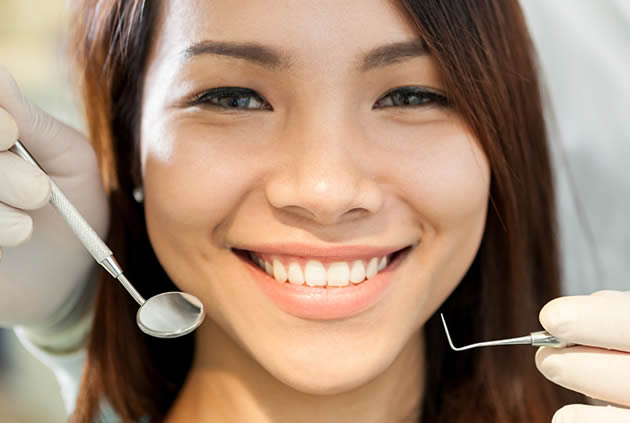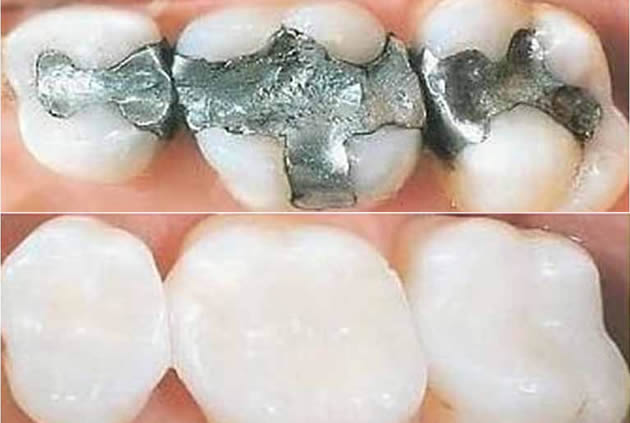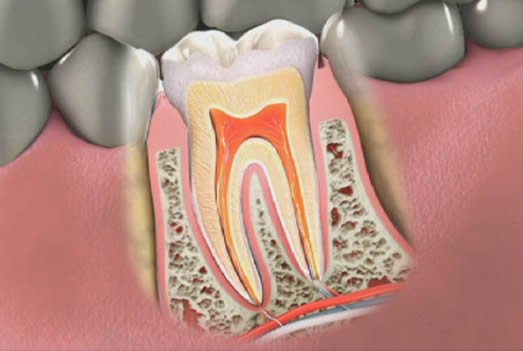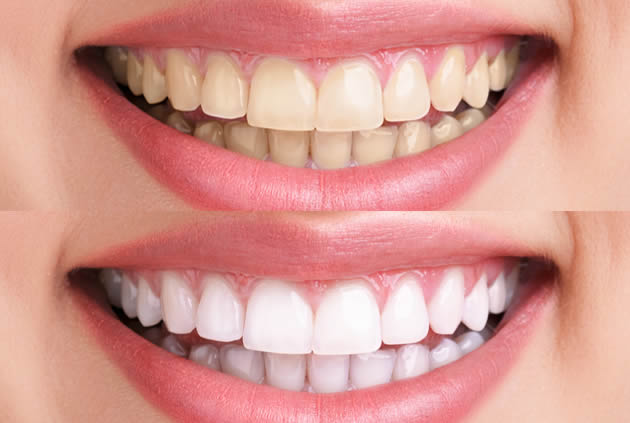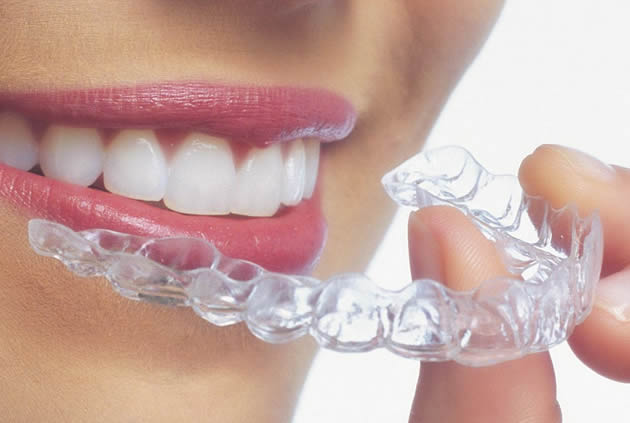
The Truth about Common Dental Myths
Modern dentistry allows people to keep their teeth healthy and strong. In fact, dentistry has evolved from folk practices to a medical discipline that follows scientific findings. Some common misconceptions still exist, including:
Myth: If I can’t see a problem with my teeth, they are fine, so I don’t need to visit the dentist.
Truth: Regular checkups are important even if you can’t see anything wrong. Sometimes, problems like decay and gum disease don’t present any signs until the condition progresses. Visiting the dentist for a routine exam twice a year allows the doctor to more effectively monitor your oral health.
Myth: Toothbrushes with hard bristles do a better job cleaning teeth.
Truth: Actually, most dentists recommend soft-bristled brushes because the hard bristles can remove tooth enamel, which makes your teeth more sensitive to hot and cold.
Myth: Root canal procedures cause pain.
Truth: When a tooth is severely damaged by trauma or deep decay, the soft nerve center called the pulp dies and pressure builds inside the tooth. Any discomfort you feel comes from the inflammation and infection. Most people actually feel better after a root canal, a procedure where the doctor removes the damaged tissue and seals the tooth to prevent further problems.
Myth: Teeth whitening will harm my teeth.
Truth: Both in-office and take-home teeth whitening options have evolved over the years. With a dentist’s supervision, you can safely and effectively brighten your smile.
Myth: Chewing sugar-free gum means I don’t have to brush my teeth.
Truth: Although sugar-free gum after meals may freshen breath and reduce plaque build up, you can’t use it as a substitute for brushing twice a day. Only regular brushing and flossing can get rid of the plaque already on teeth and remove food particles from between teeth.
Schedule a dental cleaning appointment today at our Baltimore dentists office.







